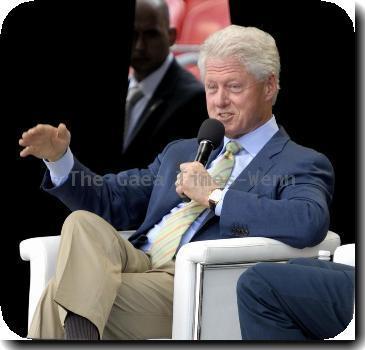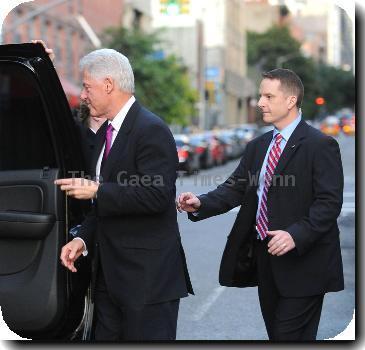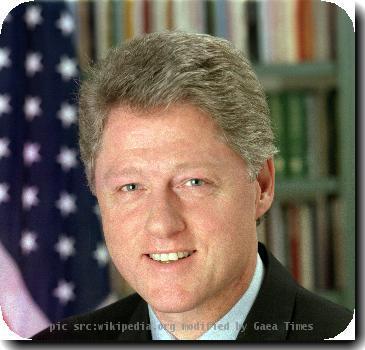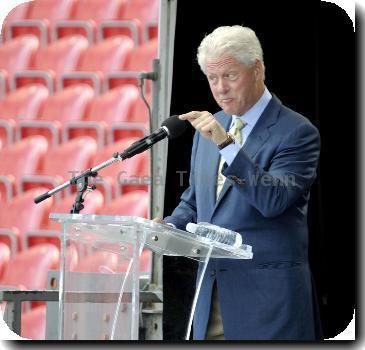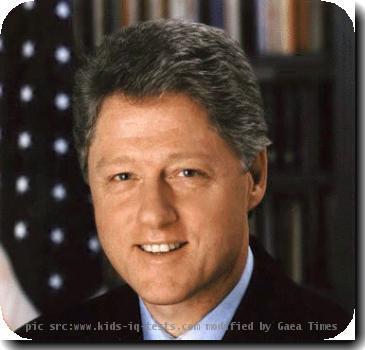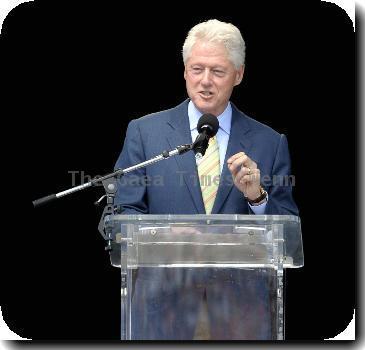Former President Jimmy Carter in North Korea, seeking to bring home jailed American
By Jean H. Lee, APWednesday, August 25, 2010
Carter lands in North Korea to bring home American
SEOUL, South Korea — Former President Jimmy Carter spent a second day in North Korea on Thursday on a mission to bring home a Boston man jailed in the country since January.
U.S. officials say Carter is making a private humanitarian visit to try to negotiate the release of Aijalon Gomes, sentenced to eight years of hard labor in a North Korean prison and fined some $700,000 for entering the country illegally from China.
After securing Gomes’ release, Carter is expected to fly directly from Pyongyang to Boston with Gomes to reunite him with his family, a senior U.S. official told The Associated Press in Washington, speaking on condition of anonymity due to the sensitivity of the matter.
However, there was no indication Thursday from Pyongyang on whether Carter had secured Gomes’ release, or who the former U.S. leader was meeting. After arriving, he sat down for talks Wednesday with No. 2 official Kim Yong Nam, TV news agency APTN reported.
It wasn’t clear whether Carter — who in 1994 famously had friendly talks with late President Kim Il Sung — would meet with his son, current leader Kim Jong Il.
South Korea’s Yonhap news agency and YTN television were reporting Thursday that Kim was making an unusual last-minute trip by special train to China, his second in a year to the neighboring nation. A spokesman at the National Intelligence Service told AP the reports appeared accurate but gave no further details. He spoke on condition of anonymity, citing department policy.
U.S. official stress that Carter’s trip is an unofficial, private visit. However, visits like Carter’s — and the journey ex-President Bill Clinton made a year ago to secure the release of two American journalists — serve as more than just rescue missions. They also offer an opportunity for unofficial diplomacy between the U.S. and North Korea, analysts say.
Communist North Korea and the capitalist U.S. fought on opposite sides of the Korean War. Three years of warfare ended in 1953 with a cease-fire but not a peace treaty, and the two Koreas remain divided by one of the world’s most fiercely fortified borders.
To this day, the U.S. stations 28,500 troops in South Korea to guard the longtime ally, a presence that chafes at Pyongyang, which cites the forces as a main reason behind its need for nuclear weapons.
For more than a year, relations have been particularly tense, with North Korea testing a nuclear weapon and long-range missile technology, and the U.S. leading the charge to punish Pyongyang for its defiance of U.N. sanctions.
The March sinking of a South Korean warship, which killed 46 sailors, has provided fresh fodder for tensions. Seoul and Washington accuse Pyongyang of torpedoing the vessel; North Korea denies involvement and has threatened harsh retaliation if punished.
With all sides digging in, six-nation nuclear disarmament talks have remain stalled. Last year, it took Clinton’s visit to get the U.S. and North Korea talking again. Some five months after journalists Laura Ling and Euna Lee were seized near the Chinese border, Clinton — the last president to have had warm relations with North Korea — turned up in Pyongyang on a private jet.
With relations again at a standstill, Carter’s mission to bring Gomes home could again provide another face-saving opening for contact, analysts said.
Paik Hak-soon of the private Sejong Institute think tank near Seoul predicted that Kim who ask Carter to relay a positive message to Washington on the resumption of nuclear disarmament talks.
He noted Carter’s popularity and symbolic role in defusing the first nuclear crisis in 1994. Carter made his first trip to Pyongyang when Clinton was president — a visit that led to a landmark nuclear disarmament deal.
Having Carter in North Korea “could certainly contribute to U.S.-North Korean relations, as well as the nuclear talks,” said Kim Yong-hyun, an expert on North Korean affairs at Seoul’s Dongguk University.
U.S. State Department spokesman Mark Toner told reporters in Washington that he could not give details of Carter’s mission.
“It’s a mission to secure the release of Mr. Gomes. But we don’t want to jeopardize the prospects for Mr. Gomes to be returned home by discussing any of the details,” Toner said Wednesday. “So I’m not going to get into anymore details.”
North Korea agreed to release Gomes to Carter if the ex-president paid Pyongyang a visit, one U.S. official told AP earlier in the week, speaking on condition of anonymity because of the sensitivity of the situation.
Gomes, who taught English in South Korea, was described by acquaintances as a devout Christian who may have followed an American friend, Robert Park, into North Korea. Park has said he crossed into the country deliberately in January to call attention to North Korea’s human rights record; he was expelled about 40 days later.
Last month, KCNA said Gomes, 31, attempted suicide, “driven by his strong guilty conscience, disappointment and despair at the U.S. government that has not taken any measure for his freedom.”
U.S. officials have pressed for his release on humanitarian grounds, but the State Department said officials who made a quiet trip to North Korea earlier this month failed to secure his release.
Gomes’ family is hoping North Korea will grant him amnesty, family spokeswoman Thaleia Schlesinger said.
“They certainly continue to be grateful to the government of North Korea for the care he was given the last couple of months since his suicide attempt,” she said in Boston.
Associated Press writers Matthew Lee in Washington and Kwang-tae Kim and Hyung-jin Kim in Seoul contributed to this report.
Tags: Asia, Bill Clinton, China, East Asia, Greater China, International Agreements, Jimmy carter, North America, North Korea, Nuclear Weapons, Pyongyang, Seoul, South Korea, United States, Weapons Administration, Weapons Of Mass Destruction
